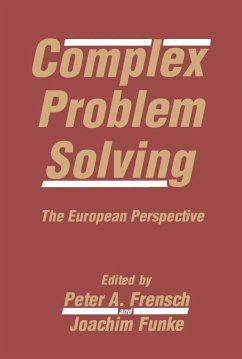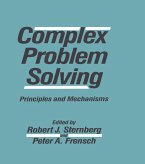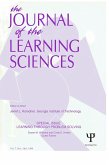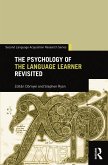The book concentrates on European research because the basic approach European scholars have taken to studying CPS is very different from one taken by North American researchers. Traditionally, American scholars have been studying CPS in "natural" domains -- physics, reading, writing, and chess playing -- concentrating primarily on exploring novice-expert differences and the acquisition of a complex skill. European scholars, in contrast, have been primarily concerned with problem solving behavior in artificially generated, mostly computerized, complex systems. While the American approach has the advantage of high external validity, the European approach has the advantage of system variables that can be systematically manipulated to reveal the effects of system parameters on CPS behavior. The two approaches are thus best viewed as complementing each other.
This volume contains contributions from four European countries -- Sweden, Switzerland, Great Britain, and Germany. As such, it accurately represents the bulk of empirical research on CPS which has been conducted in Europe. An international cooperation started two years ago with the goal of bringing the European research on complex problem solving to the awareness of American scholars. A direct result of that effort, the contributions to this book are both informative and comprehensive.
Dieser Download kann aus rechtlichen Gründen nur mit Rechnungsadresse in A, B, BG, CY, CZ, D, DK, EW, E, FIN, F, GR, HR, H, IRL, I, LT, L, LR, M, NL, PL, P, R, S, SLO, SK ausgeliefert werden.









